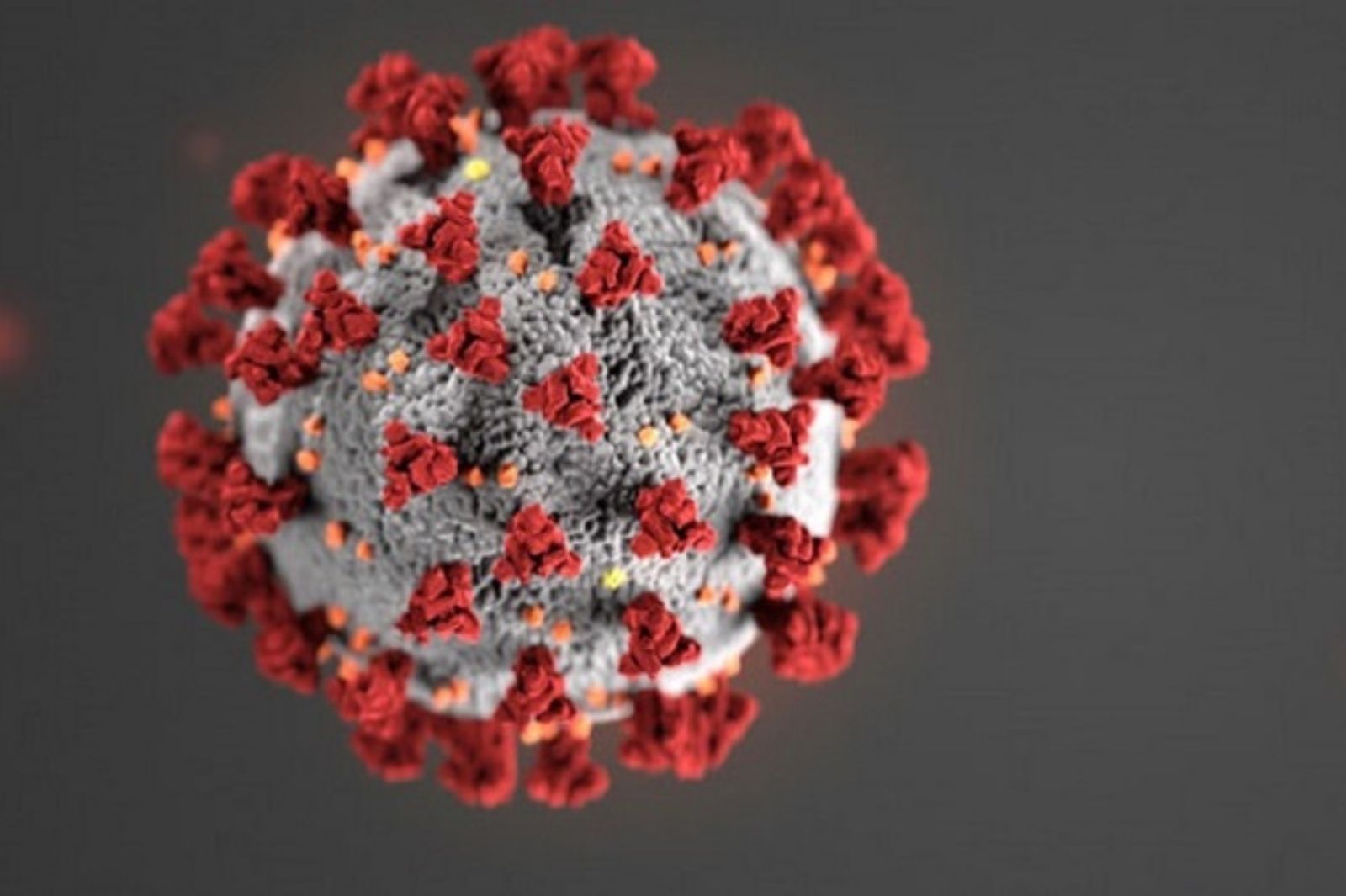Blog: Lessons for Covid-19 and future pandemics
Date 10.09.2020
10.09.2020
Dr Jamal Nasir is Associate Professor in Human Genetics and Genomics and has been following the ‘case of Covid’ with scientific interest during the lockdown.
Here he blogs about the lessons that should be borne in mind if there are future airborne pandemics, based on issues he has recently been highlighting in the British Medical Journal*.
This might sound like the biggest of understatements, but the past few months have been the most testing of times for all of us and in many different, individual and unique ways.
Testing is a word I use deliberately here, for it has featured with some prominence not only in media stories, but also the public consciousness.
Also fixed firmly in both spheres is that of children returning to school and whether this is right, too soon or too late, in terms of the toll on their mental (and their parents and caregivers!) wellbeing.
So, in the weeks that children have started or started returning to school in the UK – although it is acknowledged they are at low risk from Covid-19 – it is surprising we are still debating about the use of masks and face coverings.
From the beginning of the pandemic, we have been told the government is “following the science”, which in turn waited for published evidence to be generated, on issues ranging from whether Covid-19 is spread by droplets or aerosols, to how long it can survive on various surfaces.
We were/are, of course, dealing with a new virus which has presented government, science and health and care professions with novel challenges, but some issues are moot points.
The benefits of wearing a face covering, avoiding crowded places, and social distancing, for a respiratory condition spread by an airborne virus, are common sense, both today and a century before – the benefits of these measures were recognised at the time of the Spanish flu in 1918.
It then follows that hand washing and social distancing alone might be giving people a false sense of security. Furthermore, as schools, universities and offices open, we don’t need to wait for peer-reviewed publications to inform us of the importance of adequate ventilation in all enclosed spaces.
Many critical policy mistakes have been made in the UK since the start of the pandemic.
As has already been observed, we ignored the devastating impact of Covid-19 in mainland Europe, dithering between mitigation and suppression, playing a blame game and delaying lockdown.
We relied too much on modelling to predict what the worst-case scenario might be, and at what point our hospitals will be unable to cope, while ignoring the tasks at hand – the devastating effects on front line healthcare workers, lack of availability of PPE, disproportionate effect of Covid-19 on minorities, track and tracing, to name a few.
In short, we acted too late.
Covid-19 has also highlighted some stark inequalities, with a disproportionate effect on some communities. Many of the underlying comorbidities are most prevalent in the most deprived and under-represented members of society. Coronavirus doesn’t see race but responds to racism. Furthermore, we cannot exclude the environmental effects of malnutrition, and adverse life circumstances or poverty, on our genes.
As the saying goes: “Those who do not learn from history are doomed to repeat it.” After many mass infection outbreaks in the recent past (SARS, MERS, EBOLA,avian flu), future pandemics can’t be ruled out. So, with this in mind let’s continue “following the science” (and listening to public health and other health and care professionals) to better prepare for the worst.
After all, even the 2011 blockbuster movie Contagion saw some of this coming!